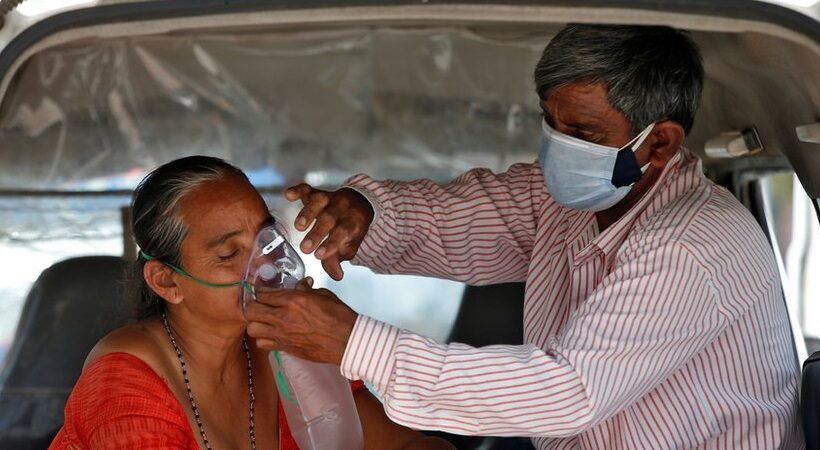The unending discussion on Covid-19 is a growing concern since the outbreak of Coronavirus last year. No matter, how much we speak, still it’s not sufficient and there is news that keeps popping up every now and then. In India, the 2nd wave in 2021 saw a transitional shift with excessive deaths from the highly affected states, particularly the metro cities, compared to the first wave, which was more infectious.
With time we have also seen the type of variants that grabs our conscience and, concern for health and wellbeing. The variation, that was sampled elsewhere, we come to know only when it becomes massive or visible in our region, country or continent. Experts, researchers, government-sponsored authorities and medical institutions around the world have been monitoring and assessing the evolution of SARS-Cov-2 since January 2020 as abnormalities are evident worldwide. The classification of this evolution is based on Variants of Concern (VOC) and Variants of Interest (VOI), which help us to prioritise global monitoring and research, and eventually inform the ongoing response to the COVID-19 epidemic.
The VOC concerns the detrimental change of the virus, its epidemiology, clinical disease presentation and health measures such as diagnosis, vaccination, therapeutics, etc. Mainly identified by the change in strain of Amino acid linkages and so far variants in this category are Alpha, Beta, Gamma and Delta.
As for the VOI, it revolves around genetic changes that characterizes transmissibility, disease severity, immune escape, causing notable community transmission responsible for multiple Covid-19 clusters. The variants in this category are Eta, Iota, Kappa, Lambda and Kappa and they were documented in India during Oct 2020 and finally designated in Apr 2021. Even after sampling or discovery, it takes time to differentiate and distinguish to finally recognize and designate an identity.
For either VOC or VOI, the pedagogy is supported solely by Pango nomenclature and GISAID data. For simplicity in understanding, B.1.1.7 for Alpha and B.1.617.2 for Delta are actually the Pango lineages that define the name of the variant. Meanwhile, GISAID in Germany happens to be an international public domain agency established in 2008 that provides access to genomic data and information of influenza viruses. The agency assists researchers with history and associated tools to carry on with the study and research to cope up with an outbreak.



















